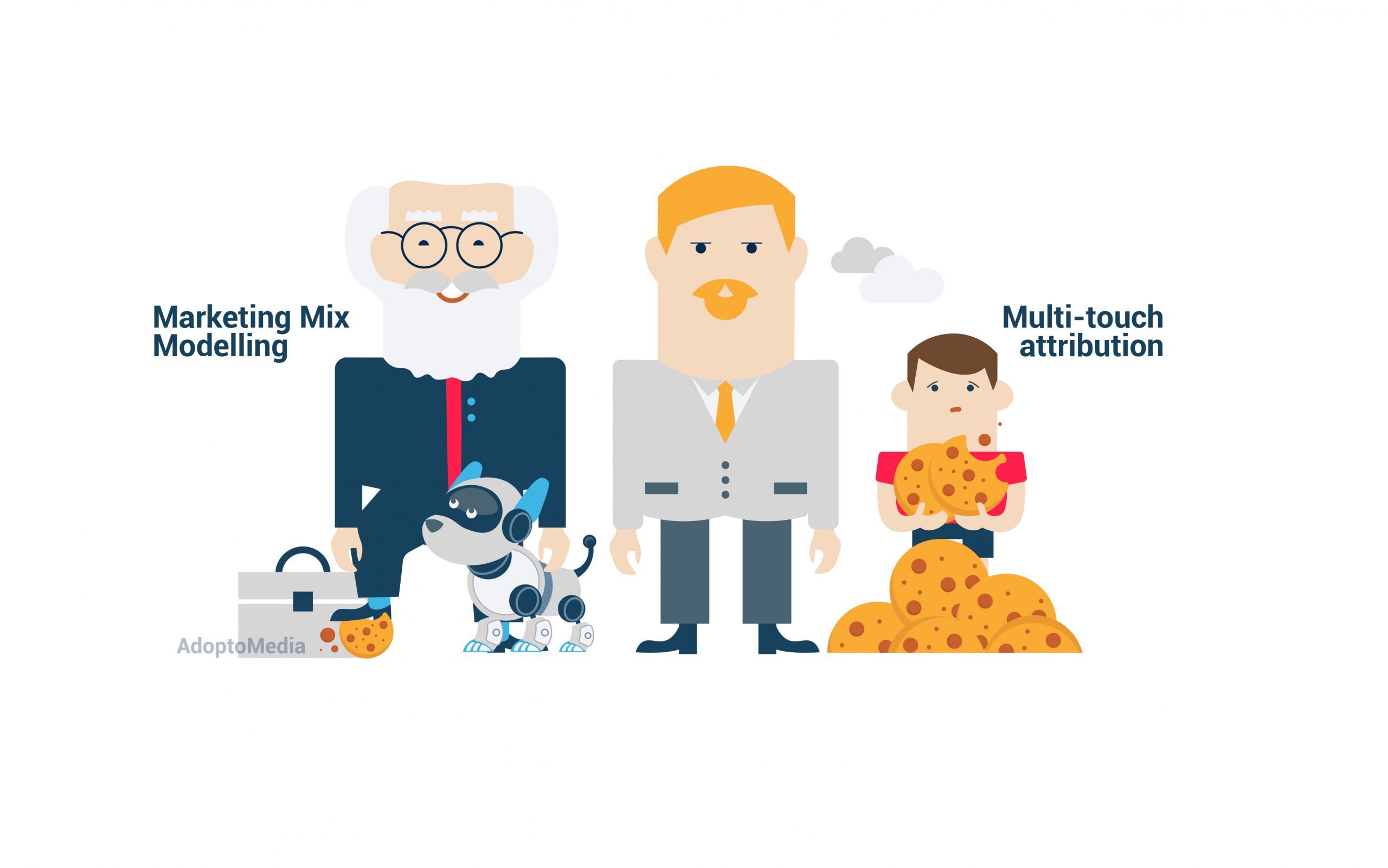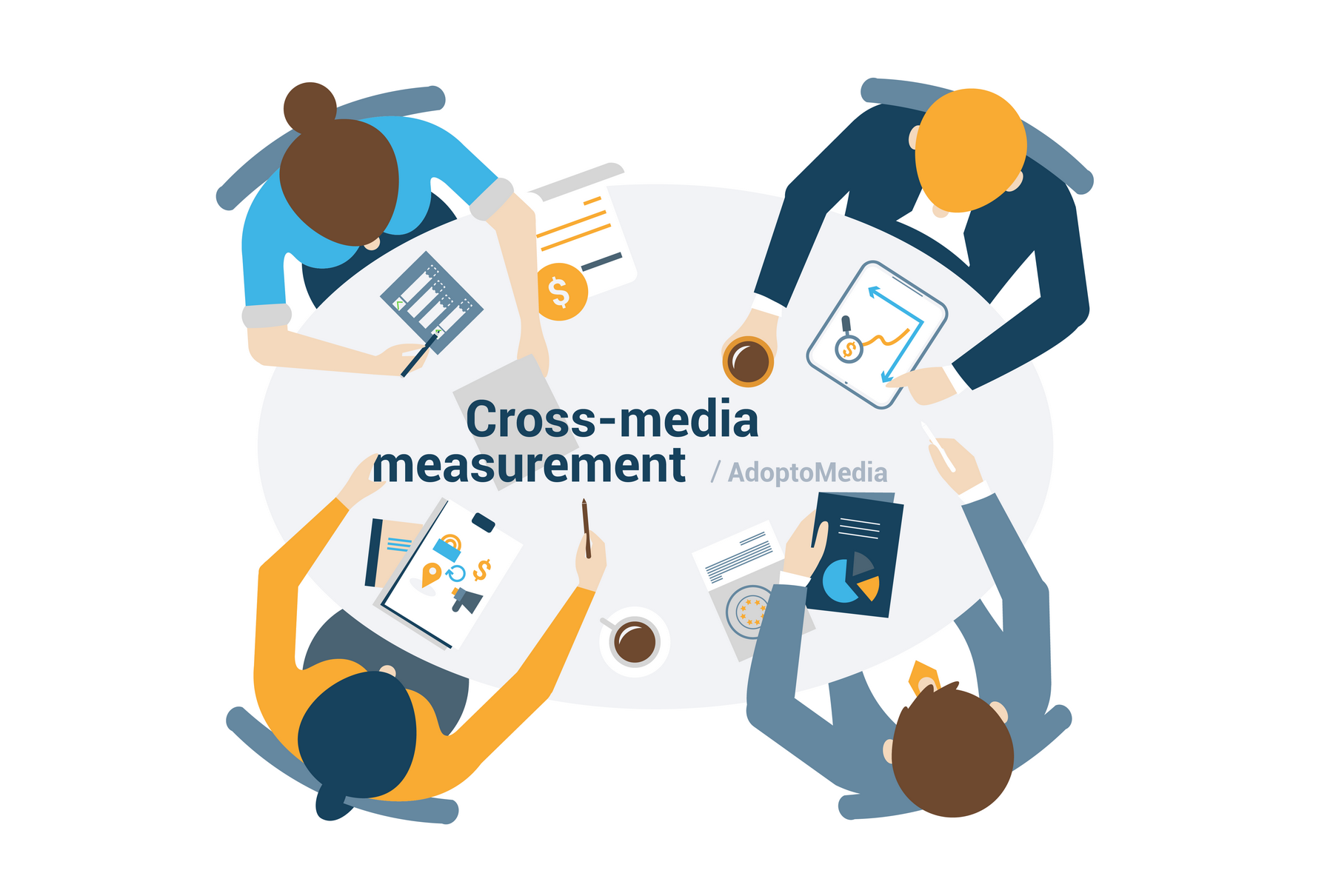Empowering Startups at Latitude59 Kenya 2025
In this blog post, we share a look at one of Africa’s most exciting startup and technology trade shows, its standout participants, and the role AdoptoMedia played in supporting emerging founders. About the event Latitude59 Kenya edition is the flagship startup and tech event that provides a powerful platform for African and international founders to build valuable connections, exchange knowledge, and tackle challenges with the support of the global innovation community. The event aims to build bridges between regions, bringing global expertise to strengthen the sustainability and competitiveness of local markets and business environments. It took place in Nairobi December 3-5, 2025 and brought together more than 3,000 participants, including 1,500 entrepreneurs across sectors such as Green Tech, Health, Agri-Tech, AI, and Fintech, along with 350 investors, ecosystem leaders, and policymakers from across Africa and around the world. This year’s program focused on accelerating Africa’s next wave of innovation through Digital and Green Innovation. Its agenda aimed to connect African founders with global networks, capital, and expertise, and to help leaders and policymakers collaborate on sustainable, inclusive digital transformation. AdoptoMedia’s continued partnership with Latitude59 AdoptoMedia has been a long-term partner of Latitude59, and this participation reflects our ongoing collaboration. Last… Read more »









